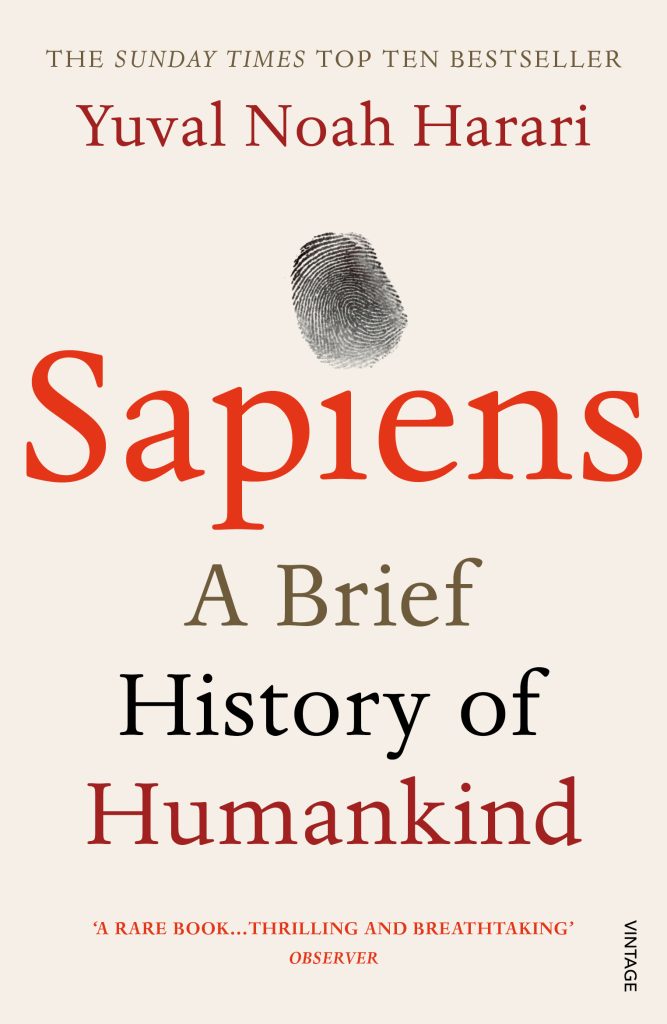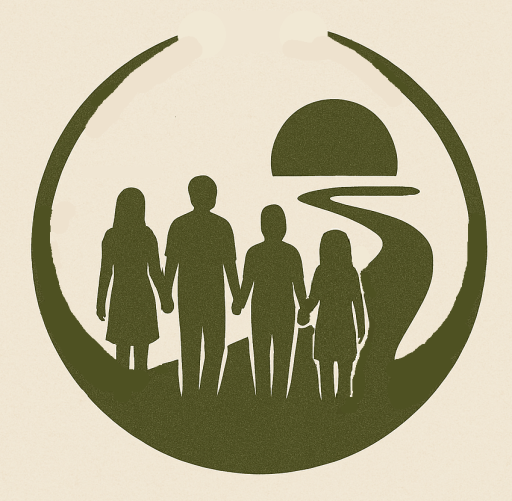What Yuval Noah Harari’s bestseller taught me about living more with less.

When I first read Sapiens by Yuval Noah Harari, I expected a sweeping history of humankind and it delivered. But what surprised me most wasn’t just the rise and fall of empires or the leaps of scientific discovery. It was the deep and uncomfortable truths Harari shares about happiness. Specifically: we may be no happier now than we were 500, 5,000, or even 50,000 years ago.
This is something I’ve been thinking on for a while, and it certainly grew after I read Work by James Suzmann last year. Just take a look around at modern life. The incessant busyness, frequent burnouts, marketing-fueled comparison, and the ever-growing list of things we’re told we need to be fulfilled. I have generally avoided voicing it, because I know its controversial, and could be easily misconstrued, but I can’t help but wonder: were our hunter-gatherer ancestors actually better off in some ways?
The Original Affluent Society
Harari draws on anthropological work (notably from Marshall Sahlins) to describe pre-agricultural humans as members of the “original affluent society.” These communities worked fewer hours than we do today. They had varied diets, strong communal ties, and no concept of poverty in the way we understand it. Affluence, in this context, wasn’t about abundance of material goods, it was about having enough, and not wanting more than that. And we need look no further for a genuine example of sustainability. That way of life afforded 70,000 years of humanity living in relative harmony with nature.
Compare that to our current culture, where abundance is everywhere but satisfaction feels rare. Where “more” is the default answer to almost everything. And yet, studies show that once our basic needs are met, increases in income or consumption do little to move the needle on happiness.
Why? Because, as Harari puts it, our happiness isn’t determined by how much we have, but by our brain chemistry and our expectations. And both of those are incredibly slippery.
Chemicals, Comparisons, and the Crisis of Contentment
Here’s the kicker: our brains are wired to adapt. Win the lottery or lose a job, and within a year or two, most people return to their baseline level of happiness. This phenomenon, sometimes called the “hedonic treadmill,” means that chasing pleasure or comfort alone (including by avoiding discomfort) is a losing game.
Modern life tries to hack that system. Social media algorithms drip-feed dopamine, marketers promise fulfillment, and lifestyle gurus sell us the next “must-have.” But Harari’s conclusion, backed by research, is that none of it fundamentally changes our wellbeing unless it aligns with something deeper.
So what does?
What Does Make Us Happy?
Connection, purpose and alignment between values and actions.
Those are the things that consistently show up in happiness research. And they’re also the pillars of the Living More with Less project my family is about to embark on.
Our goal isn’t to escape the modern world, but to reimagine our place in it and find and produce examples of this type of existence. We’re giving up some of the conveniences of modern life, not because we want to suffer, but because we want to live in a way that makes sense. A way that aligns with what the research (and our hearts) say truly matters: helping others, nurturing relationships, and finding harmony with the planet and those we share it with.
We’ve chosen to donate a significant portion of our income to effective charities because we’ve seen, with joy and clarity, how much impact that can have on others’ lives and on our own. We’ve chosen to travel slowly, with minimal emissions, because we believe the journey matters more than the speed. And we’ve chosen to share our story, not to boast, but to invite others to pause and ask: What actually makes life good?
A Life Beyond the Treadmill
Sapiens doesn’t offer a prescription. It doesn’t tell us how to live. But it does ask hard questions about the stories we tell ourselves and the ones we could tell instead.
Maybe the story of success doesn’t have to be accumulation, but contribution.
Maybe the story of happiness isn’t about feeling good all the time, but about doing good in the time we have.
Maybe the story of progress isn’t more stuff, faster tech, or smarter cities, but deeper relationships, slower lives, and wiser choices.
That’s the story we’re hoping to live. And if our ancestors could do it with no running water, no electricity, and no Instagram, maybe we can, too. With a little less, and a whole lot more.
